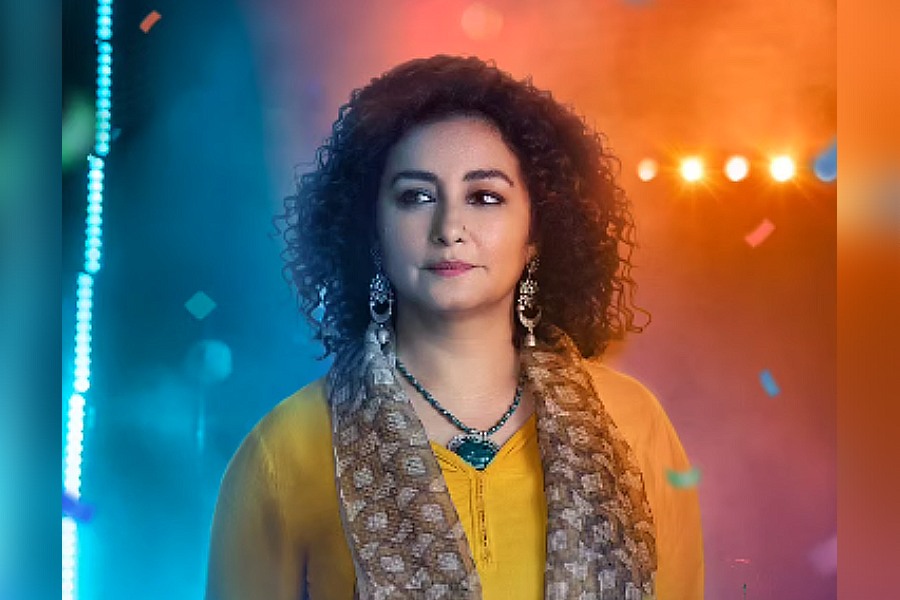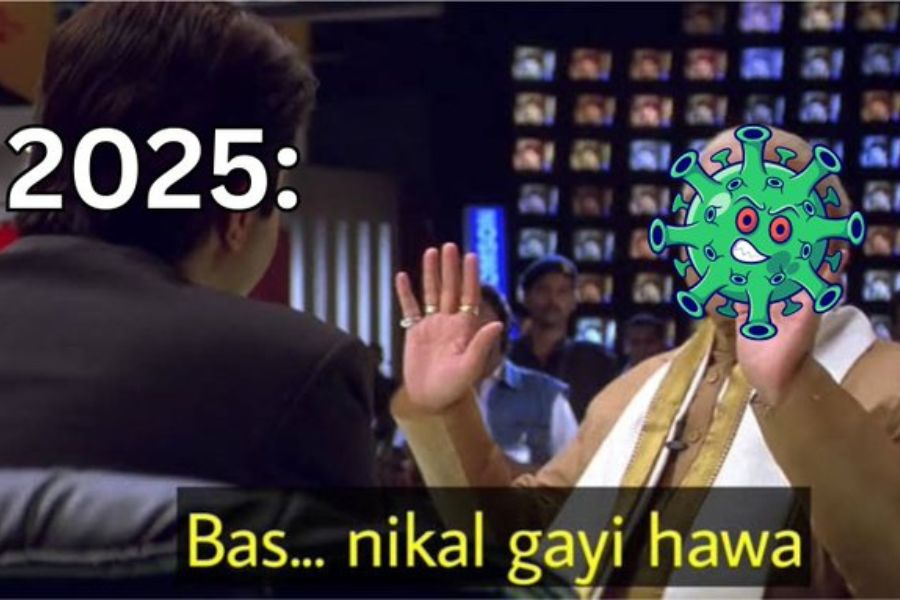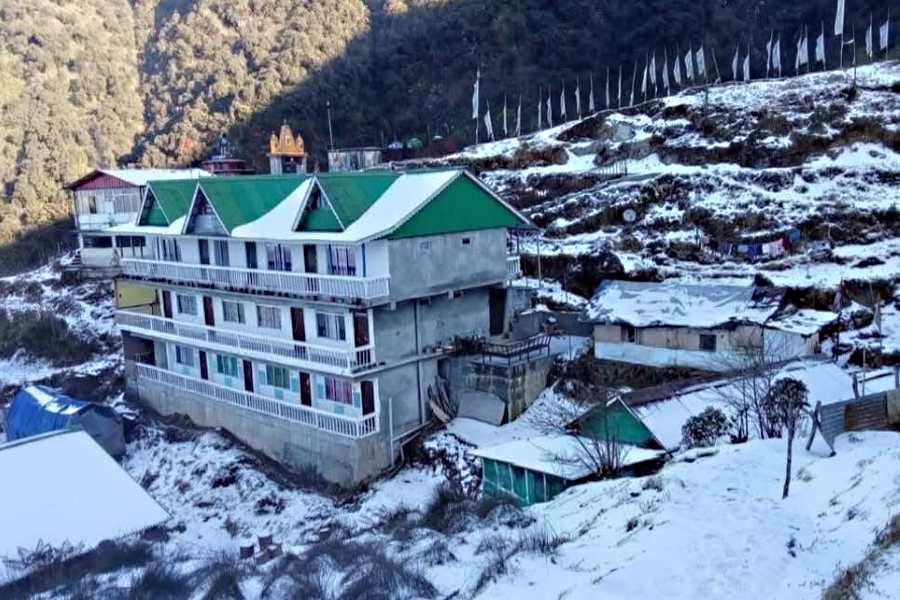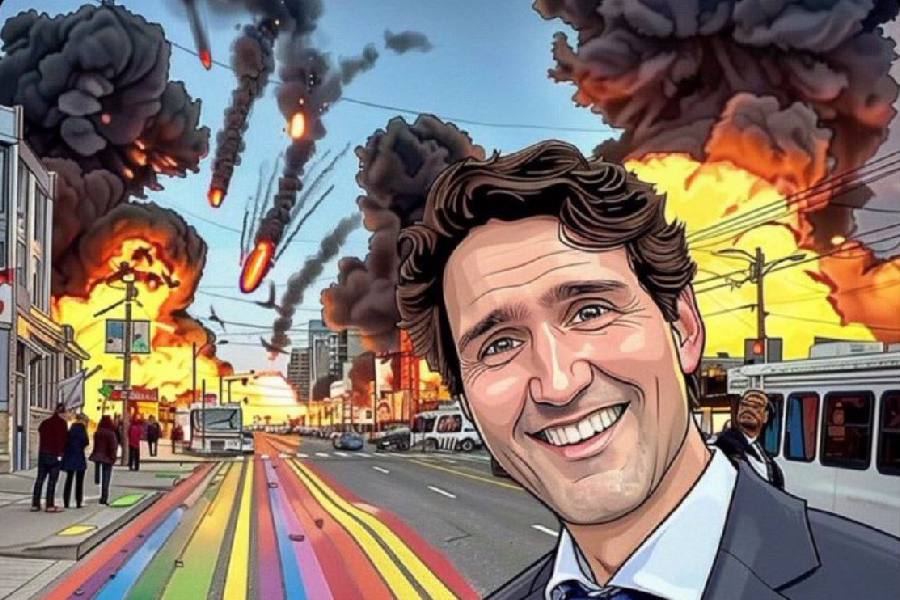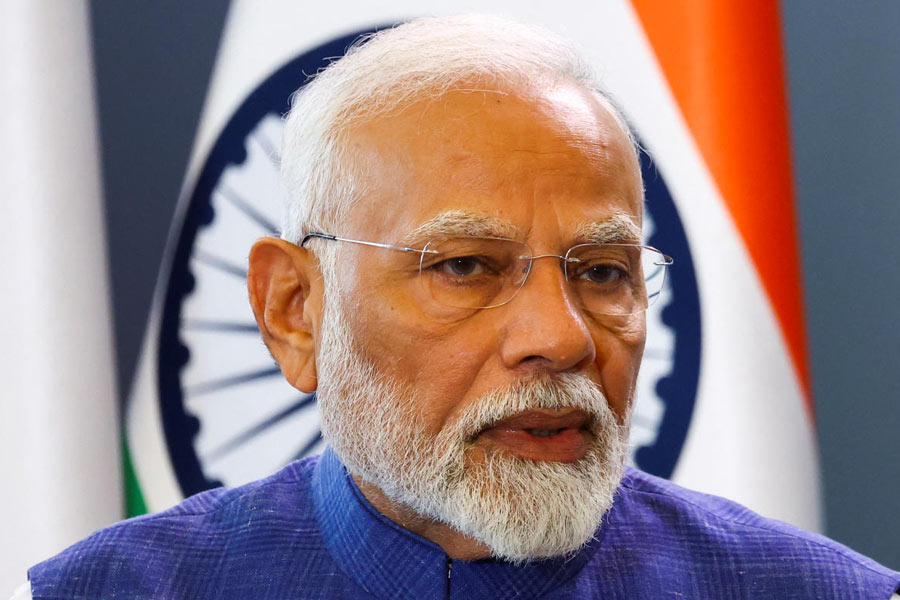A chance phone call with director Anand Tiwari landed actress Divya Dutta the role of a music teacher in the second season of Prime Video series Bandish Bandits. In a heartfelt conversation with us, Divya opened up about her role, the show, the kind of music she loves and her directors.
How did the role of Nandini in Bandish Bandits Season 2 come to you?
Divya Dutta: I have been a huge admirer of Bandish Bandits Season One. I happened to have a conversation with my friend Rajat Kapoor, the actor. I just felt the strong urge to call Anand Tiwari (director of Bandish Bandits) and tell him how much I loved Bandish. I said, “Yaar, aise wale shows mein kaam karna chahiye.” He says, “Are you sure?” I said, “Of course, I would have loved to.” He said, “Then hold on for 24 hours.” I was like, “What did he just say? 24 hours?”
I didn’t know they were casting for it. I learned later that the music teacher was originally supposed to be male, but they were contemplating making it female. When I called him, it kind of nailed it for him. He just went back and discussed it with everyone. He came back to me in exactly 23 hours and said, “I know the role is differently written in the script now, but will you trust me?”
I’m so glad that this synergy just happened, everything divinely matched up at the right time. And Nandini turned out to be what she is.
How long did it take for them to turn the character into a female teacher? What was that process like?
Divya Dutta: We had lots of sitting in the house. Anand was very clear about what he wanted. The character’s graph was very clear. He just added nuances to it to turn the male energy into a female one. So, in many ways, what Nandani is and what her philosophy is kind of reflects who Tamanna (Shreya Chaudhry) is and what she turns out to be. Slowly, we discovered beautiful layers of the character. I think my job was to give my insight into it and just hold Anand’s hand tight, trust him, and enjoy the role.
How was your look in the show developed? Did you give any input?
Divya Dutta: That all came in those meetings because, for all of us, it was new, right? The name of the character was something else. Then Anand came up with Nandini, a lovely musical name. As for Nandini’s look, Anand said she belongs to the hills. She’s a wild child; a wildflower. I said, “I don’t want to look like the way I’ve looked in other films.” I think he beautifully kept it in mind, and then we had those ringlets, which I think symbolise a wild child. For the costumes, I give credit to Hazel Paul who did a splendid job. I must give it to the team because you cannot be the only person.
Every scene with you and Shreya Chaudhry reveals a new dimension, especially the ‘notations scene’. How did you both work on those dynamics?
Divya Dutta: I was working with Shreya and some other actors for the first time. They were slightly formal with me initially, and so was, I think, Tamanna with Nandini. Gradually, as we opened up, the roles opened up. That’s how the equation was supposed to be, unravelling in reel life alongside real life. The world of Western classical music was new to me. I’m not a music student. So, I had to learn things and terms in music, body language, and unlearn what I’ve already done in Hindi movies.
I think Nandini’s ways of teaching were very different. I draw parallels with my life. I will always remember those directors who didn’t give me straight instructions. For example, Rakeysh Omprakash Mehra. When I was doing Delhi 6, I was a good actor but I was inhibited. I didn’t know how to let go of me. I felt I was missing out on the X factor. I asked Rakeyshji, “Sir, I think I’m missing something.” He nicely said, “All you have to do is just let Divya take a break for a bit, sit on the side and watch the shoot, and let Jalebi take over.” I didn’t realise the depth and magnanimity of what he said back then, but that was something I have remembered to date, that you should never let yourself hover over a role. You should let the role take over.
I think Nandani did the same, not telling Tamanna, “Listen, I want you to listen to the notations.” Instead, she said, “Can you do this for me?” And how gradually those notations become a part of Tamanna. I think that’s the thing about a good teacher.
What kind of music do you listen to?
Divya Dutta: I am a diehard Panchamda (RD Burman) fan. But I listen to all kinds of music, depending on my mood and what I’m doing then – be it poetry, ghazals, or English music. I’m more of a soothing music person. But yes, when you’re exercising or going for a walk, you need the beats that make you do stuff. Yesterday, I ran on the roads with my little pet with kick-ass music in my ears, totally unaware of the surroundings or what people were thinking. It was lovely.
I need music when I wake up, when I’m cooking, or even when I’m cleaning up. It’s therapy for me. I think belonging to Bandish Bandits has also taken me to various depths of music. What Bandish has done in unassuming ways is bring people who are not so much into classical to get into the depths without knowing.
You recently shot a special project in Kashmir. Can you tell us about that?
Divya Dutta: I was shooting for a film called Echoes of Valour, which is a biopic of an army mother. The most amazing thing was that I met the lady in Kolkata. For the first time in my career, I am doing a biopic on someone who’s still alive and is there to tell her story. Of course, I met Milkha Singhji but I didn’t meet Isri Kaur, who I was playing in Bhaag Milkha Bhaag. So, here in this case, I met the person I was playing on screen. I discussed things with her and got deep insights into her life.
Then we shot that portion in Kashmir. I’ve had the fondest memories because I am from Punjab. My holidays used to be in Kashmir. Going back there always gives me a very peaceful feeling of just belonging. The people are extremely warm. The places are beautiful. Thankfully, it wasn’t very cold, but we shot some heavy-duty emotional scenes.
There’s an inherent integrity in the characters you play. Are you conscious of it while preparing for the role?
Divya Dutta: The integrity of a character is for the audience to gauge. It’s for me to feel, I guess. You have to be sincere and honest in the role you’re portraying. There’s a little part of you that always transcends into it. So, that integrity probably is a part of me.
I learned from my mother that you’ve got to add that X factor to a role. Otherwise, you cannot rise above the written stuff. The written stuff is very important, and how you’re directed is very important. But your investment in the role is equally important. You have to see where she’s coming from and what she is feeling. In that zone, Divya has no place.
Do you do that even for a special appearance like the one in Neeraj Pandey’s Sikandar Ka Muqaddar?
Divya Dutta: This was a friendly appearance I made for someone who I’m extremely fond of, Neeraj Pandey. But I didn’t realize that this role was going to get me so much love. I’ve got so many calls for it. I met him yesterday, and said, “Listen, this film was not mine.” He said, “Who said this was not your film?”
I somehow feel that Neeraj Pandey’s set is home ground for me. He’s one director I’ve never questioned. That’s the trust I have in him. When he said, “Can you come for half a day?” I said, “Absolutely.” I think that respect and love is mutual. If I go for a day, they make sure that it’s treated well, it’s given its due importance. I thought they were going to write a guest appearance (in credits), but they wrote, ‘And Divya Dutta’, like it used to be ‘And Pran’. I’m loving this. It does add that gravitas.
We should conclude this conversation with your scene from Bhaag Milkha Bhaag when you see Farhan Akhtar in the India blazer. How did that scene become what it became?
Divya Dutta: I think that scene has surely become history because there’s not one person who hasn’t asked me about it. This was a very beautifully written scene, but Rakeyshji came to us and said, “Give it your own beginning, give it your own end.” Farhan and I wondered, “How?” He said, “Just flow with it.” He was the teacher who was teaching us unassumingly. Then Farhan came up with the idea that he’d wear sunglasses and come. I said, “Okay, great. Then I won’t recognise you because I’m seeing you after years.”
Also, I think there was the power of the costumes I wore. I still remember I was in my jeans and shirt, rehearsing, washing the utensils. I wasn’t feeling correct about it. Rakeyshji came and said, “Why don’t you change into your costume?” I was not wearing the costume thinking it would get dirty. He insisted that I wear it. When I wore the costume and put that dupatta on my head, my body language changed. I was shocked to see how wearing a costume would transform me into a character.
I was so into it that I forgot about one thing. Rakeysh Mehra reminded me later that the ash I use for washing utensils was supposed to be cold but the setting boy kept it warm as it is by mistake. When I picked it up, I didn’t realize it was warm, but my hand had burnt out after the shot. I think that’s the power of a magical scene that you don’t realise all these things.
I also realised that the character you play also has its subconscious. When I was embracing Farhan, I felt, “This is not how I want to end this. There has to be something else.” Again, looking for that X factor. Then I shut my eyes and suddenly this visual appeared to me that we shot for a scene where our father saluted the younger Milkha. I suddenly left the embrace, and I saluted him. It was very surreal. Everyone was shocked. Everyone including the DOP (Binod Pradhan) had tears in their eyes. Rakeysh Mehra, Farhan, and I hugged each other. We didn’t realise what just happened. Some scenes are like that.

